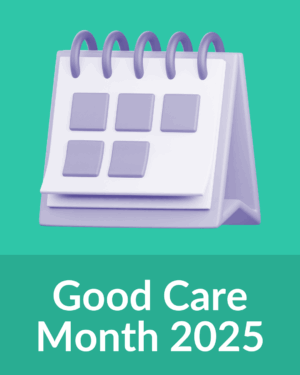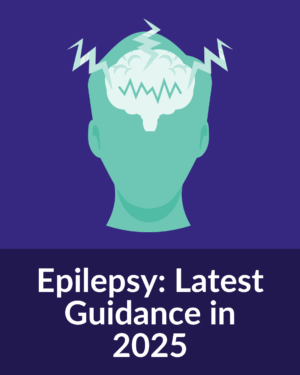Each July, we celebrate Good Care Month in the UK. This is a time to spotlight the dedication and impact of carers, both paid and unpaid. Good care starts with good training. We support dozens of care organisations across the UK in raising training standards, boosting confidence among care teams, and ensuring the best...
Epilepsy: Latest Guidance in 2025
Advantage Accreditation exists to ensure learners receive high-quality training with the most recent guidance. We support our accredited training centres with ready-to-use materials for course delivery. We recently updated our epilepsy courses to reflect the 2025 seizure classification guidance from the International League Against Epilepsy (ILAE). These changes affect the following courses: Level 2...


